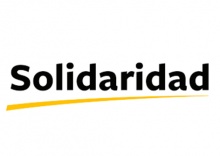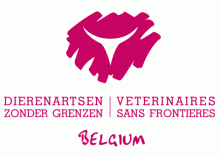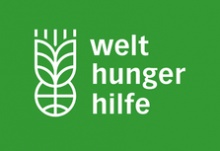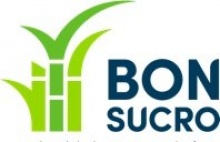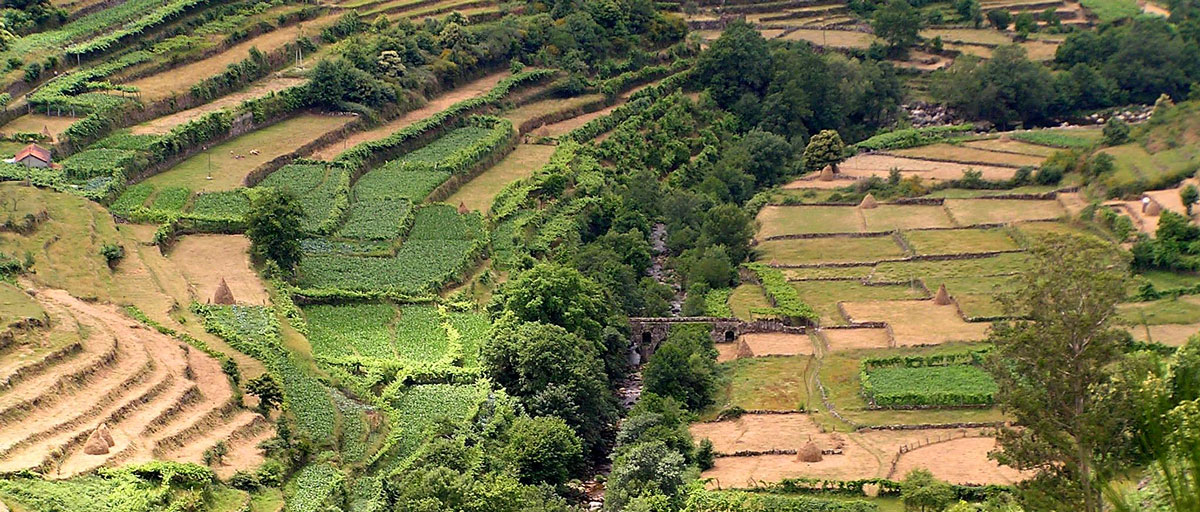
LEGEND CHALLENGE FUND
The LEGEND Challenge Fund was designed to support the development and testing of innovative approaches and civil-society - business partnerships for better land governance in agricultural investments and land and natural resource based value chains.
Following a competitive call in 2016 for proposals including civil society and private business partners, seven projects were selected and implemented during 2017-19, in five African countries: Malawi, Mozambique, Tanzania, Zambia and Sierra Leone.
These projects focussed on the application of the Voluntary Guidelines on the Governance of Tenure (VGGT) to protect the tenure rights of land holding communities and small scale farmers to improve existing agricultural land investments by international companies, and to establish new, inclusive community-business partnerships. They did this by:
- strengthening due diligence processes in large scale agricultural investments and supply chains, and
- developing new tools and approaches for land rights mapping and documentation and supporting the development of new business and employment opportunities in partnership with companies, through community-based organisations.
Five projects took place in specific countries, and two had a multi-country focus in east and southern Africa. Three projects focused on land tenure risks and governance issues in large scale investments and three on development of community-based enterprise partnerships that required secure community and farmer land rights; one project sought to do both.
The fund was managed by KPMG and technical backstopping and learning support for the grantees and the programme as a whole was provided by Natural Resources Institute (NRI), University of Greenwich.
Information on the objectives and outcomes of each project is available via the links below. LEGEND has also produced a summary briefing note and a full report on practical and strategic lessons from the challenge fund and other responsible land investment pilot projects in sub- Saharan Africa: Investing Responsibly in Agricultural Land - Lessons from responsible land investment pilots in sub-Saharan Africa’.
Implementers: Solidaridad and Natural Habitats Sierra Leone (NHSL)
Geographical focus: Sierra Leone
NHSL acquired an oil palm concession of over 40,000 hectares ffrom a previous owner, and worked with Solidaridad to address the tenure disputes and social conflicts resulting from failure to consult customary land owners and users to gain consent when the concession was created. The project enabled a vastly reduced concession and new lease to be negotiated through a multi-stakeholder platform, with support from Namati, satisfying community demands and laying the foundation for a sustainable company operation aligned with VGGT principles.
From Commitment to Practice (C2P)
Implementers: Landesa and Illovo Sugar
Geographical focus: Malawi, Mozambique, Tanzania
The C2P project aimed to support the Operationalization of Private Sector Commitments to addressing land rights by piloting the application of a VGGT-based analytical framework for due diligence of land-based investments in Illovo sugars operations and supply chains, wworking closely with the company to build trust with civil society in each country.
Implementers: VSF Belgium, UCRT and Dorobo Safaries
Geographical focus: Tanzania
The project secured collective land rights for Hadzabe hunter–gatherer and Datoga pastoralist groups, and developed participatory village land use plans to strengthen land governance in the Lake Eyasi valley, an important human and wildlife corridor, and focus of poorly regulated cultural tourism, on which indigenous communities have come to rely on for cash income. Stakeholders agreed a sustainable tourism business plan and code of conduct including transparent revenue sharing arrangements.
Piloting the ‘Community Land Value Chain’ in Zambezia, Mozambique
Implementers: ORAM and Terra Firma
Business partner: Portucel Mozambique
Geographical focus: Mozambique
Using open data tools, ORAM secured the land rights of over 14,000 households in 20 communities within huge plantation forestry concessions granted to Portucel, by government, and established village land associations, trained in legal and business skills to act as counterparties in negotiations. This also assists the company to partner with communities in pursuing more sustainable, less ambitious plans based on land holders’ consent, for a proposed ‘agro-forestry mosaic’ involving out-growers and small-scale planting blocks, in place of large sale plantations.
Implementers: MICAIA Foundation and Baobab Products Mozambique (PBM).
Geographical focus: MozambiqueThe project supported women’s baobab harvester groups to supply and work with BPM to manage a sustainable baobab trade and help develop new domestic and export value chains, empowering the women and generating essential family incomes in two very poor districts of central Mozambique. It secured community land rights and land and natural resource use plans for 23 villages groups, with customary leaders fully engaged, to protect the baobab resource and ensure sustainable utilisation.
Implementers: Welthungerhilfe (WHH)
Geographical focus: Mozambique
SPIRAL sought to test and develop the idea of a Cocoa Production Cluster (CPC) as an inclusive responsible approach to agricultural land investment, in partnership with a national cocoa trader providing training, management and offtake services, with an ultimate long term aim of establishing a community owned cocoa business in which farmers, land holding families could all gain their fair share of returns, without giving up land permanently to external investors.
Implementers: Bonsucro and TMP Systems
Geographical focus: Malawi, Mozambique, Tanzania and Zambia
The project aimed to encourage sugar producers and supply chain actors to adopt common land tenure governance standards through Bonsucro as an industry organisation. It developed and applied on-line tools to establish a land risk profile for sugar production sites across eastern and southern Africa and worked with small-scale growers’ organisations to develop and test farm management modules intended to business management and land use while strengthening users’ tenure rights.


